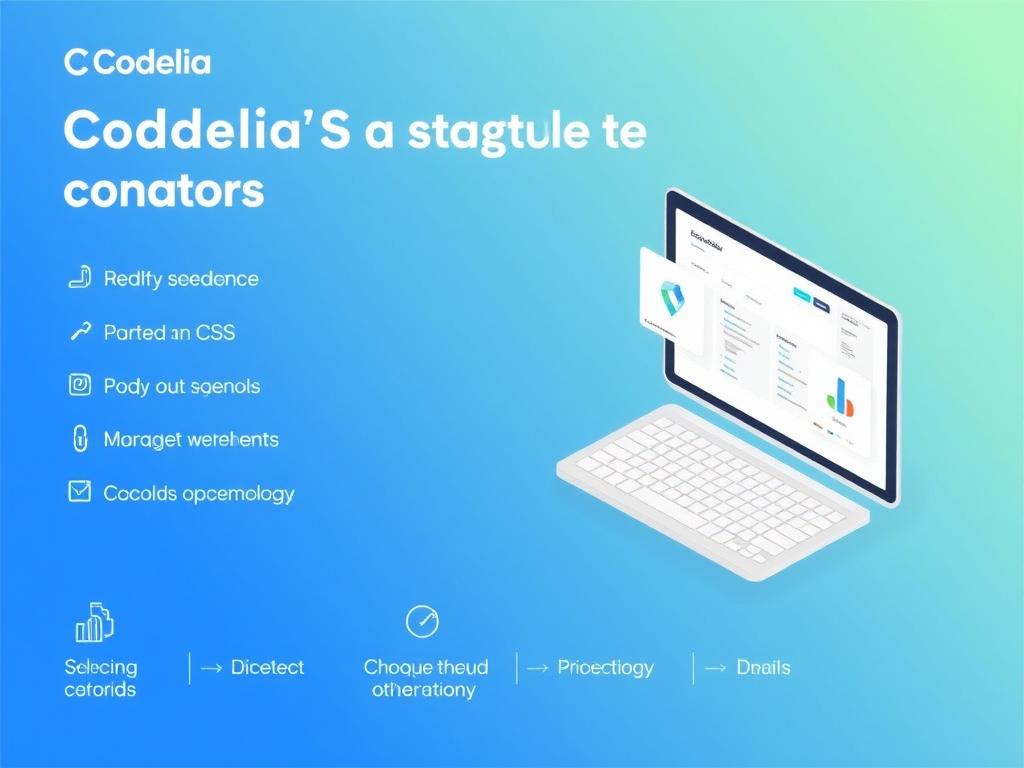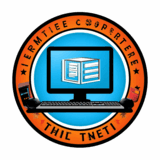Codelia CMS for SaaS Websites: Is It a Good Fit?
When it comes to managing a SaaS website, choosing the right content management system (CMS) can make a significant difference in the success and scalability of your online business. Codelia CMS has been gaining traction as a flexible and user-friendly solution, especially for SaaS companies that need to handle complex content and ever-evolving product features. But is Codelia CMS really the perfect match for your SaaS website? In this article, we’ll take a closer look at what Codelia offers, its key features, and the pros and cons to help you decide if it fits your specific needs.
Understanding Codelia CMS and Its Core Features
Codelia CMS is designed with modern web projects in mind, emphasizing ease of use and powerful customization options. Unlike traditional CMS platforms that are often bloated or less flexible, Codelia streamlines content management to suit dynamic websites needing frequent updates—exactly what most SaaS companies require.
One of the standout features is its intuitive drag-and-drop interface, allowing marketing teams or non-tech personnel to manage pages without hacking code. The seamless editing experience ensures that launching new product pages, blog posts, or FAQs happens in a matter of minutes. Additionally, Codelia supports multi-language content management, which is great for SaaS businesses targeting international markets.
Key Features at a Glance

| Feature | Description | Benefit for SaaS Websites |
|---|---|---|
| Drag-and-Drop Editor | Visual content editing without code | Speeds up content updates and launches |
| Multi-language Support | Manage content in several languages | Expands global reach with localized content |
| API Integrations | Connects to third-party SaaS tools | Enables seamless backend and frontend integration |
| Customizable Workflows | Define publishing processes and roles | Maintains content quality and compliance |
| Scalability | Handles growing website content and users | Supports SaaS growth without CMS overhaul |
Why SaaS Companies Should Consider Codelia CMS
SaaS businesses live in a fast-paced environment where product features update frequently and marketing content must keep pace. Codelia CMS fits naturally into this ecosystem by bridging the gap between content creators and developers. One of the main challenges SaaS companies face is maintaining consistent branding and messaging while rolling out new features quickly. With Codelia, different teams can collaborate more efficiently thanks to role-based access control and workflow customization.
Another important aspect is the CMS’s strong API capabilities. SaaS websites often need to integrate with CRM, analytics, payment gateways, and user authentication services. Codelia’s API-friendly architecture helps developers seamlessly plug these tools in, ensuring a smooth and cohesive user experience.
SaaS websites also require robust security, given they handle sensitive user data. Although Codelia CMS is relatively new compared to some incumbents, they prioritize security measures like SSL enforcement, content access restrictions, and frequent updates to patch vulnerabilities. This focus on security makes it a promising option for SaaS companies where trustworthiness is paramount.
Benefits for SaaS Marketers and Developers

- For Marketers: Easy content updates without depending heavily on developers.
- For Developers: Flexible backend architecture with customizable APIs for integration.
- For Product Managers: Ability to launch dedicated landing pages for new features quickly.
- For Customer Support: Quickly update FAQs and documentation as the product evolves.
Potential Drawbacks and Considerations
Of course, no CMS is perfect, and it’s important to evaluate Codelia CMS for potential challenges before committing. One concern some users raise is the learning curve for advanced customization. While simple content changes are intuitive, fully leveraging Codelia’s API and custom workflows may require developer involvement, which can slow down some smaller teams.
Additionally, since Codelia is not as widely adopted as giants like WordPress or Drupal, the ecosystem of plugins and community support is more limited. This means if you encounter niche requirements, you might need to develop custom solutions or rely on a professional development team.
Another factor is pricing. SaaS startups often work on tight budgets, and while Codelia offers competitive pricing plans, some of the more advanced features come at a higher cost. Be sure to weigh these expenses against the value you’ll gain from faster content management and better integration.
Comparing Codelia CMS to Alternatives
| CMS | Ease of Use | Integration Options | Cost | Best For |
|---|---|---|---|---|
| Codelia CMS | High (visual editor) | Strong APIs & integrations | Mid-range to high | SaaS websites and tech startups |
| WordPress | Moderate to High | Vast plugin ecosystem | Low to mid-range | Blogs, small to medium businesses |
| Drupal | Moderate | Highly customizable, requires dev | Mid to high | Large enterprises, complex sites |
| Webflow | High | Good integration options | Mid-range | Design-centric SaaS landing pages |
Best Practices for Using Codelia CMS on SaaS Websites
If you choose Codelia CMS for your SaaS business, it’s important to get the most out of its features without overcomplicating your workflow. Here are some best practices to consider:
- Set Clear Roles and Permissions: Use Codelia’s customizable workflows to ensure that marketing, development, and support teams only access what they need.
- Leverage Multi-language Features: Especially if you plan to serve international customers, make use of the CMS’s multilingual support early on.
- Integrate Early: Connect key SaaS tools like CRM and analytics during setup to streamline data flow and reduce manual work.
- Create Templates: Build reusable page components to speed up new landing pages or product feature announcements.
- Regularly Audit Content: Keep your SaaS website content fresh and accurate to reflect product updates and improve SEO.
Tips for Smooth Onboarding
- Train your team on the drag-and-drop editor to empower non-technical staff.
- Document custom workflows and API integrations for easy troubleshooting.
- Start with a pilot project to test Codelia’s fit before a full rollout.
Conclusion

Codelia CMS presents a compelling choice for SaaS websites due to its user-friendly design, strong integration capabilities, and scalability. Its drag-and-drop editor empowers marketers, while developers benefit from its API flexibility, making it an excellent bridge between technical and non-technical teams. However, prospective users should be mindful of the learning curve for advanced customization and consider budget implications against the potential advantages. For SaaS businesses looking to streamline content management and enhance collaboration without sacrificing control, Codelia CMS could very well be the right fit to boost both productivity and online presence.

